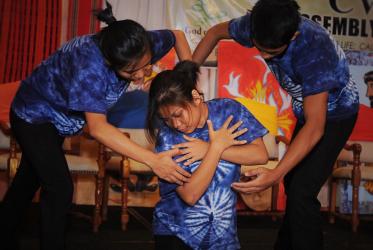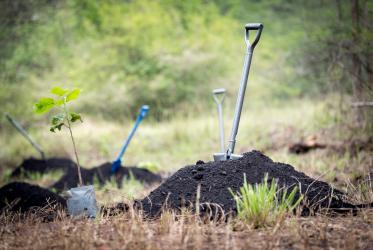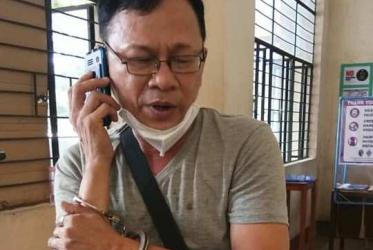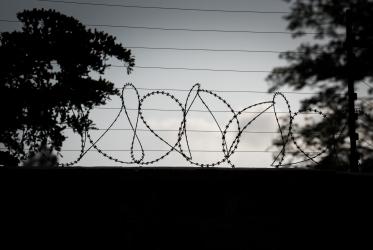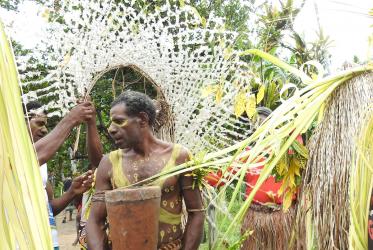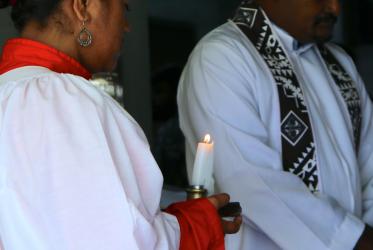Displaying 81 - 100 of 292
14 September 2020
WCC expresses sadness at passing of Swami Agnivesh
12 September 2020
Churches should use their voice on climate change
26 February 2020
Las iglesias deben usar su voz sobre el cambio climático
26 February 2020
Church of South India eco-ministry featured on UNESCO website
17 February 2020



